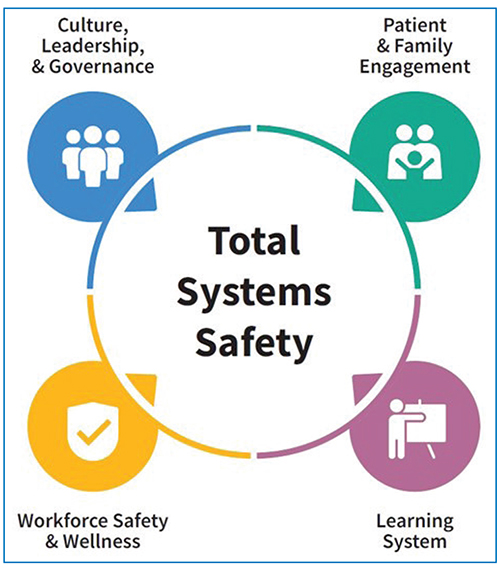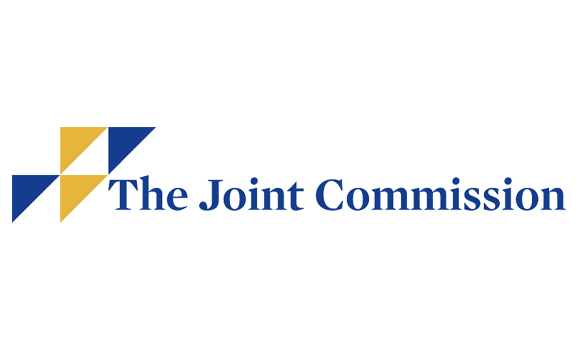Catheter sterility concerns prompt Class 1 FDA recall for surgery trays

Editor's Note The US Food and Drug Administration has designated DeRoyal Industries’ recall of GeoMed custom tracecarts a class 1, the most serious type of recall indicating a risk of serious injury or death. According to the April 24 FDA notice, the recall is due to sterility concerns with the…
AI model helps predict patient decline, drive collaborative care

Editor's Note An AI prediction model that uses near-real-time data to generate a patient risk score shows the promise of AI for helping physicians and nurses coordinate on patient care, according to findings published March 25 in JAMA Internal Medicine. Performed by researchers at Stanford Medicine, the study examined an…
Unveiling ECRI’s 2024 Top 10 Patient Safety Concerns list

From integrating new technology to navigating shifts in care delivery and mitigating burnout, the most pressing challenges for healthcare organizations tend to be multifaceted problems that demand multifaceted solutions. For evidence of that, look no further than the Top 10 Patient Safety Concerns 2024 list from ECRI. For every risk…
FDA announces class 1 recalls for premixed embolic, infusion pump software

Editor's Note The US Food and Drug Administration has classified recalls of Boston Scientific’s Obsidio Conformable Embolic and Fresenius Kabi USA’s Ivenix Infusion System Large Volume Pump (LVP) software as class 1, the most serious category and an indicator of risk of serious injury or death. No injuries or deaths…
EPA rule to limit dangerous emissions from medical sterilization plants

Editor's Note The Environmental Protection Agency (EPA) has finalized a rule to reduce chloroprene and ethylene oxide emissions that will impact over 200 chemical plants across the nation, including medical sterilization plants, according to an April 10 report from USA Today. Under the new rule, the EPA will cut more…
Study: GLP weight loss, diabetes therapies boost GI endoscopy pneumonia risk

Editor's Note Gastrointestinal endoscopy could increase the risk of aspirational pneumonia in patients using GLP-1 receptor agonists (RAs) to manage weight or treat diabetes, according to an April 1 report from MedPage today. Citing research published in the journal Gastroenterology by a team led by Kevin Sheng-Kai Ma, DDS, of…
Blood test could help identify risk of sepsis, organ failure in children

Editor's Note Measuring gene activity in blood samples could help determine whether a child is at risk of sepsis and organ failure, according to findings published March 18 in The Lancet Child & Adolescent Health. It is often difficult for clinicians to diagnose sepsis because the symptoms are similar to…
Study: Hospital privatization reduces care quality

Editor's Note Quality of care drops when hospitals move from public to private ownership, according to review published in the March issue of the Lancet Public Health. The meta-analysis uses evidence from 13 longitudinal studies across the United States, Canada, Croatia, England, Germany, Italy, South Korea, and Sweden. Researchers evaluated…
New Joint Commission requirements for total hip, knee replacements focus on opioids, diabetes

Editor's Note The Joint Commission has released revised requirements for the advanced disease-specific care certification for total hip and total knee replacement (THKR). The requirements, which are designed to align with the updated AAOS clinical practice guidelines, go into effect July 1, 2024 and focus largely on addressing opioids and…
AI screening identifies patients’ risky preoperative alcohol use

Editor's Note: A recent study suggests artificial intelligence (AI) can be valuable for identifying patients who consumed risky amounts of of alcohol prior to surgery. Findings appeared in the journal Alcohol, Clinical and Experimental Research on January 8. For the study, researchers extracted 3 years of text-based clinical records from…

 Free Daily News
Free Daily News